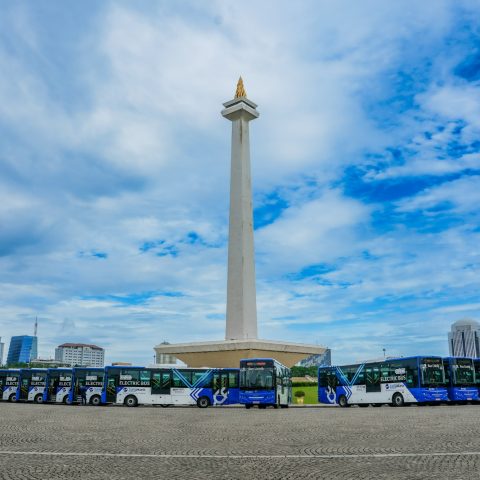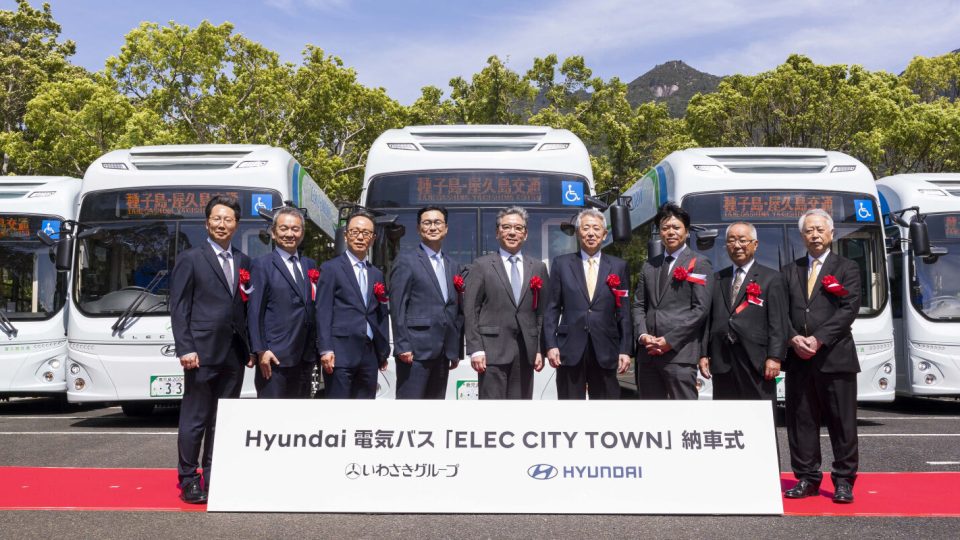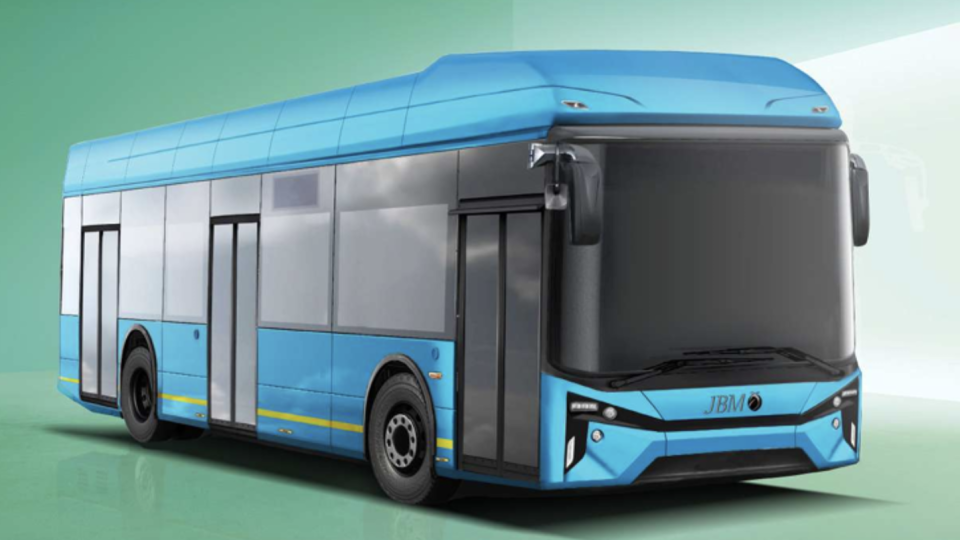200 new e-buses introduced on Transjakarta, coming from Skywell, Zhongtong, Golden Dragon and BYD
Transjakarta has introduced 200 high deck electric buses on the Indonesian capital BRT network, marking the achievement of a 300-units e-bus fleet by end 2024. The buses are operated by several operators under the umbrella of Transjakarta: Perum Damri operates 60 units of electric buses from Skywell and 30 units of buses from Zhongtong, while […]

Transjakarta has introduced 200 high deck electric buses on the Indonesian capital BRT network, marking the achievement of a 300-units e-bus fleet by end 2024.
The buses are operated by several operators under the umbrella of Transjakarta: Perum Damri operates 60 units of electric buses from Skywell and 30 units of buses from Zhongtong, while PT Bianglala Metropolitan received 90 units of SAG (Golden Dragon) buses. Finally, PT Sinar Jaya was delivered the first 20 units of BYD electric buses as a result of local assembly through Laksana bodybuilder (that also realizes e-buses on Hyundai’s chassis, as seen at Busworld South East Asia in May 2024).
200 new e-buses for Transjakarta
The launch was opened by Deputy Minister of SOEs Kartika Wirjoatmodjo. It was also attended by the Acting Governor of DKI Jakarta Provincial Government Teguh Setyabudi, Transjakarta Board of Directors, and representatives from partner operators.
“Electric buses currently account for 20 percent of our entire fleet. We are confident that we will achieve a fully electric bus fleet by 2030,” Welfizon Yuza, President Director of Transjakarta, said during the launch ceremony at the National Monument Square in Jakarta, as quoted on the local media Jakarta Globe.
Accordingo to a Transjakarta’s note, the system e-buses can allow to save operational costs up to 5-10%, especially if taking into account savings from fuel subsidies, the savings figure can reach 18-20%.
Jakarta, the capital of Indonesia, has been making headlines in 2023 as one of the most polluted in the world, prompting efforts to implement cleaner transportation systems. However, the task is immense: only around 4 percent of the 45 million daily passenger trips in Jakarta are made using public transport. Organisations like UNEP and C40 are currently supporting Jakarta’s goal of increasing the public transport mode share to 60 percent and electrifying TransJakarta’s entire fleet by 2030.








